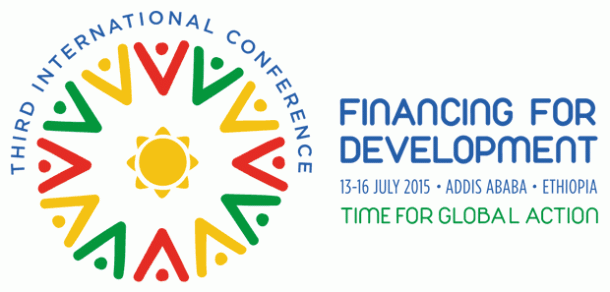A couple of weeks ago, preparations for July’s Financing For Development summit in Addis Ababa passed the 100 days to go mark. Unfortunately, the summit is at this point not on track to meet the high expectations for it. It faces a mutually reinforcing set of problems, including:
- Confusion about the summit’s intended outcomes – with too many issues on the table, and a serious lack of clarity about what success would look like on each;
- A lack of agenda setters – so far only the co-facilitators (Norway and Guyana) are really leading the process, but their room for manoeuvre is constrained by the need for them to remain neutral honest brokers; and
- Insufficient political will – the result of the summit not yet being on heads’ or finance ministers’ radars, as well as it not being a top 2015 priority for civil society.
So what would it take to turn things around and make Addis a success? One of the essentials is a clearer political narrative – one that explains what the summit is for, what’s new this time around (as compared to Monterrey in 2002 or Doha in 2007), what it could achieve, and why high level policymakers, and above all finance ministers, should make the effort to attend. This short note (pdf), produced with colleagues at the NYU Center on International Cooperation, is an attempt to start thinking this through over just a couple of pages – any feedback and suggestions for improvement gratefully received.
More broadly, we also need a harder-edged political strategy. This paper (pdf) – which was circulated earlier this month, and so doesn’t reflect last week’s FFD talks in New York or the IMF / World Bank Spring Meetings – sets out a few ideas. Again, feedback warmly welcome.
(And on the overall SDGs agenda, David Steven and I also just published the latest in our series of What Happens Now? papers taking stock of where the process stands and where it might go next – you can download that here.)




